I have a 1969 cast iron boiler that has served me well. Some people have told me that is time to upgrade. I understand that a new boiler will be more efficient but I only pay about $2,000 a year for gas that includes hot water and cooking for 5 people. My real concern is if this boiler springs a leak in February.
Three questions… What’s everyone’s opinion on replacing this boiler, what kind of boiler, and where do find it.
I’m just looking for a cast iron with SS burners. Nothing hi tech. About 160,000 to 180,000 BTU input. Right now I have 231,000 BTU input and 184,800 output. It’s way bigger than I need.
I’ve Goggled it and found plenty of boiler manufacturers (no prices) and people willing to come to my house to price it out. I would like to buy and install it myself. I installed this one in 1969 and I can install it’s replacement.
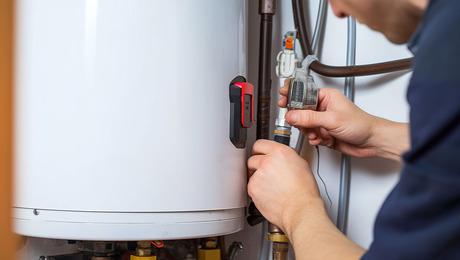

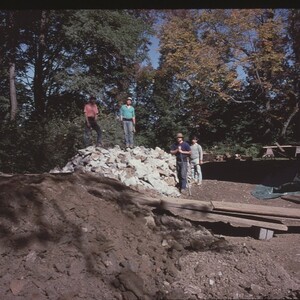
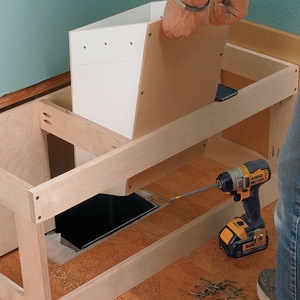
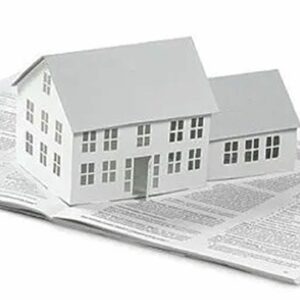






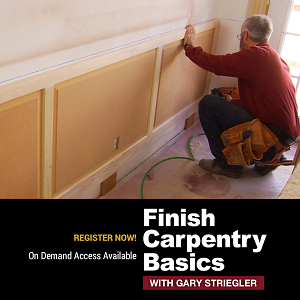



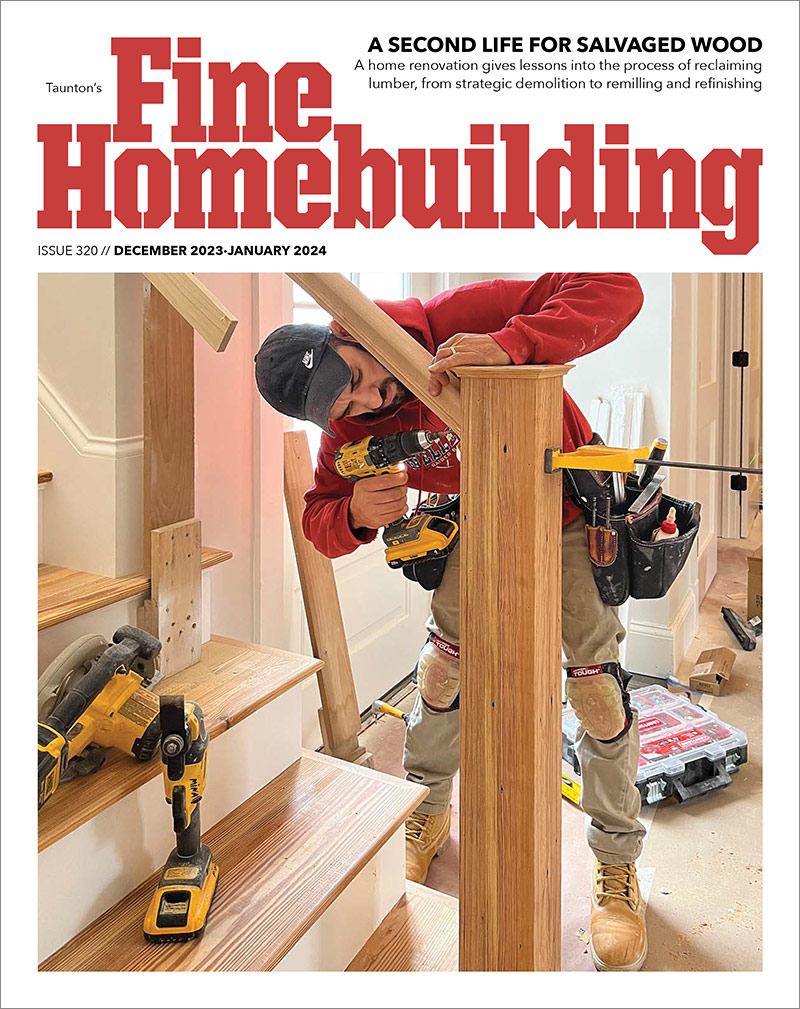
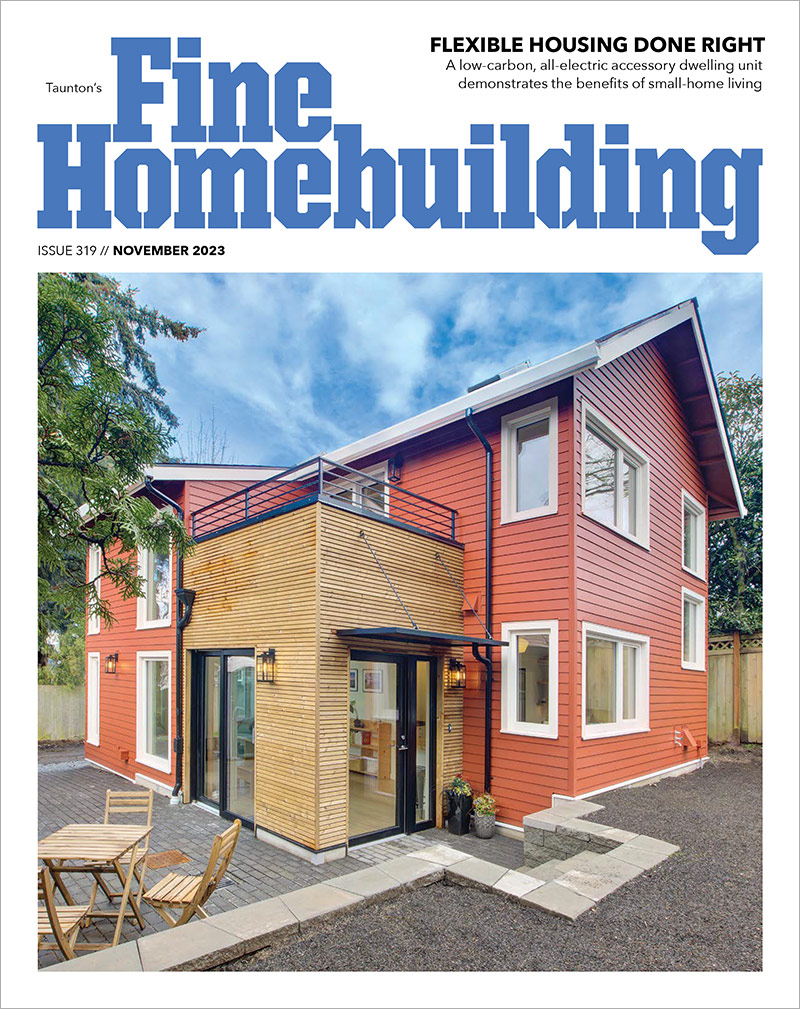

Replies
1969...hey thats just getting broken in...I'm running an old GE forced air furnace since 1954....still going strong but of course not as efficient as it could be and will be replaced this coming summer.
IMHO the chance of your boiler springing a leak is very low, but if you want to replace it for other reasons, go for it. Make sure you check out the Munchkin boilers. http://www.munchkinboiler.net/
You don't say oil or gas ...
Weil McClain makes a really good boiler - especially the Ultra series. If oil, they make oil burners too but at that point I'd look at Burnham as well.
The direct vent type (3" PVC intake and exhaust for combustion air) have a few quirks that you may not have seen if your present boiler is a B vent type. And, they are 93% efficient.
Jeff
Forgot to mention it's gas fired. Also, I'm in a town house so there isn't any good place to run a PVC intake / exhaust. I think I'm going to want to use the existing chimney.
If the size is compatible, you can run the intake/exhaust pipe up that existing chimney.
5 grand is sizable to eat, dry, bathe and heat. What's the townhouse like you'll be putting this in (ability to contain the heat)? Don't expect a huge savings if a sizable amount of energy is going out the roof.
Merry Christmas.A Great Place for Information, Comraderie, and a Sucker Punch.
Remodeling Contractor just outside the Glass City.
http://www.quittintime.com/
With natural gas, a significant part of the efficiency question is the operating temperature. The newer, high efficiency boilers gain most of their efficiency by condensing the water vapor in the flue gas. If you need water temperature over 140 F you will have no condensing and thus not much more efficiency than your old cast iron friend. If you need 100 degree water for a radiant heating system, you will get well over 90% efficiency.
If you are firing a 184,000 BTU boiler now, you could almost heat a castle.
First thing to do is a heat loss!!!! Room by Room, do not have a contractor say, "I've been doing this for 30 yrs and rule of thumb......"
Back when you installed that boiler, bigger was better, no so today, unless you have stock in your gas company.
Well I agree! We're heating 5500 SF with two hydronic loops and two radiant zones plus all the domestic hot water and we're adequately sized at 155 BTUH.
How big is your townhouse?
Jeff
Edited 12/26/2007 9:33 am ET by Jeff_Clarke
Link.
Please don't let fear guide you (fear it will spring a leak in febuary) the leak might never happen. Or happen in another decade or two..
Yes it sounds oversized but you won't save enough to offset it's cost soon. Furnace that remains off is going to use a lot less energy than one that is on so the trick is to keep more heat inside the house.
Careful attention to details such as a blower door test will likely save you far more than replacing the boiler at this point. A blower door test shows you where air is leaking, places where you'd never suspect are regularly found.
I believe there is going to be some serious break throughs in efficency on boilers coming up. It would be horrible to buy one one and install it only to have a more efficent more reliable version come on the market for less money..
This is a world wide issue. Increased efficency isn't just an American problem and if someone in Finland, Japan, Korea, or Russia discovers the perfect solution We can buy the technology and incorporate it in our equipment.
Thanks. Some heating guy felt that the boiler was "at the end of it's life cycle" and needed to be replaced. I think I'll just keep it for now.
I never was intending to replace it with a hi tech model. I can't run those PVC pipes out into my front garden of my town house and I'd never be able to get them up thru 5 stories of chimney as someone suggested. And, I doubt the savings would be enough to justify the cost. Just more stuff to break as far as I'm concerned.
The house is about 5,000 Sq. feet. with very large original windows. (New storms)
If your looking at replacing a cast iron boiler that operates with no problems with a new cast iron, non-condensing boiler, my opinion is "why bother". You didn't say whether this is a steam or hot water system or what kinf of terminal transfer (i.e baseboard fin-tube, radiators, etc.) you have.
As many have mentioned, replacing an old boiler with a new high efficiency boiler, begins with a detailed load calculation. Then, for a condensing high efficiency boiler to work as it is intended (at low supply/return water temperatures with high dT's) the terminal HT scheme mave have to be modified as well.
The "heating guy" that suggested this has done you a great favor, however. You know at least one person/company to avoid, thereby making future searches for a competent heating professional easier.
IF you have a standing pilot cast iron gas burner from the late 60's, probably has and AFUE of about 75%. With spark ignition, the best a conventional boiler(non-condensing, cast iron) will do is 88%. (Talking HW here, steam systems have slightly lower operating efficiencies) So, is $200/year worth it? If the swap can be done for $1800 maybe, else, the smart answer is no. On the other hand, an oversized CI boiler probably would approach an AFUE of more like 60%, so you could save enough money by simply having a "right-sized" boiler. CI NC boilers operate most efficiently at high fire, if they modulate.
I would recommend one of two options. 1) keep this boiler and set aside a few hundred $/season and have a competent professional check/adjust/service your heating SYSTEM every fall, or find a well recommended heating professional in your area and upgrade to a high efficiency system. In your area, this should be very easy.
Thanks Tim, I've deceided to keep the boiler.